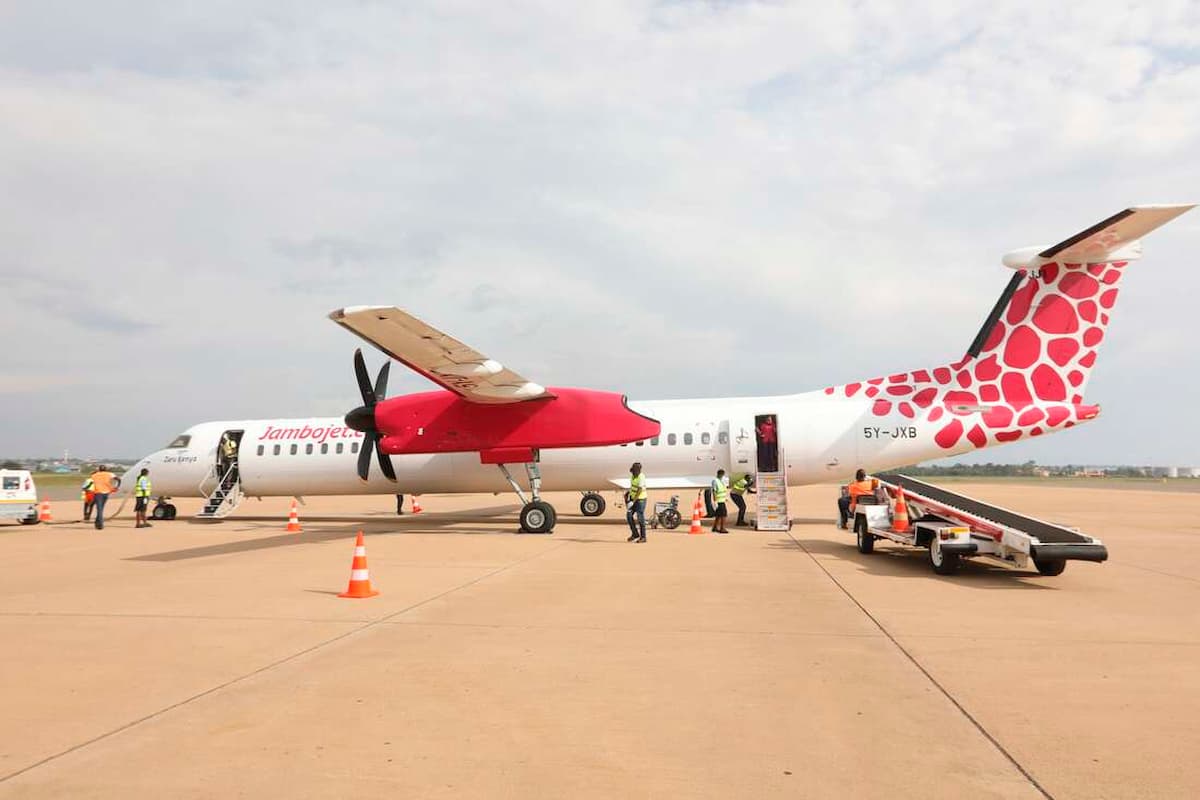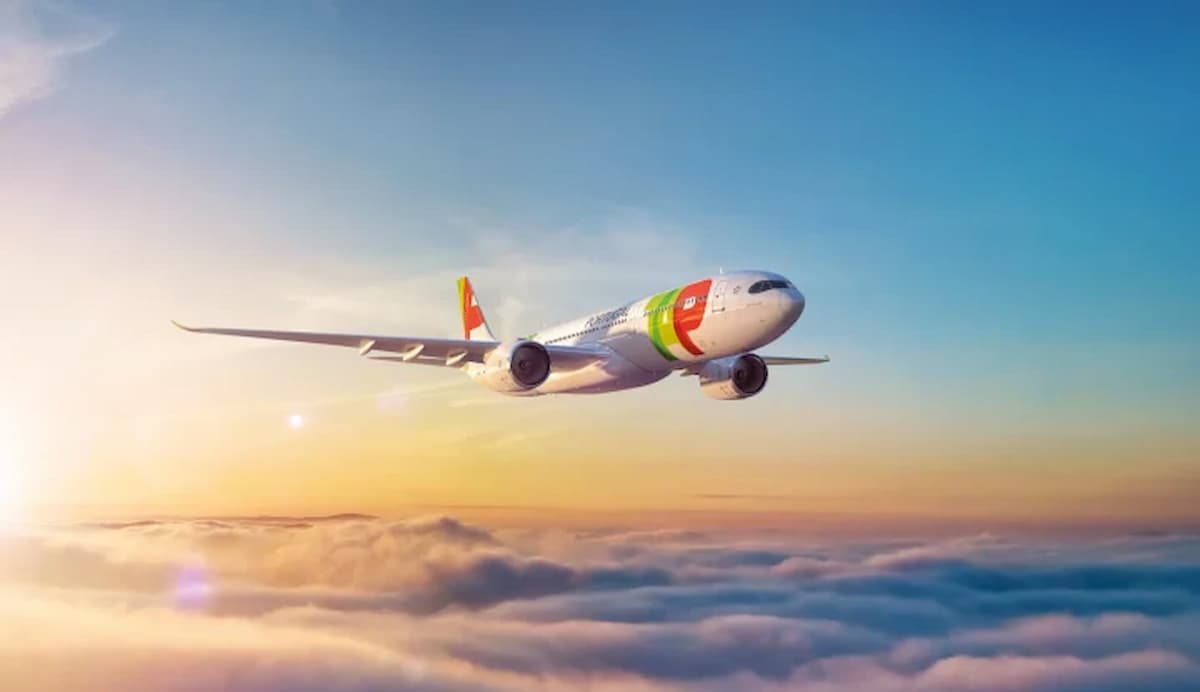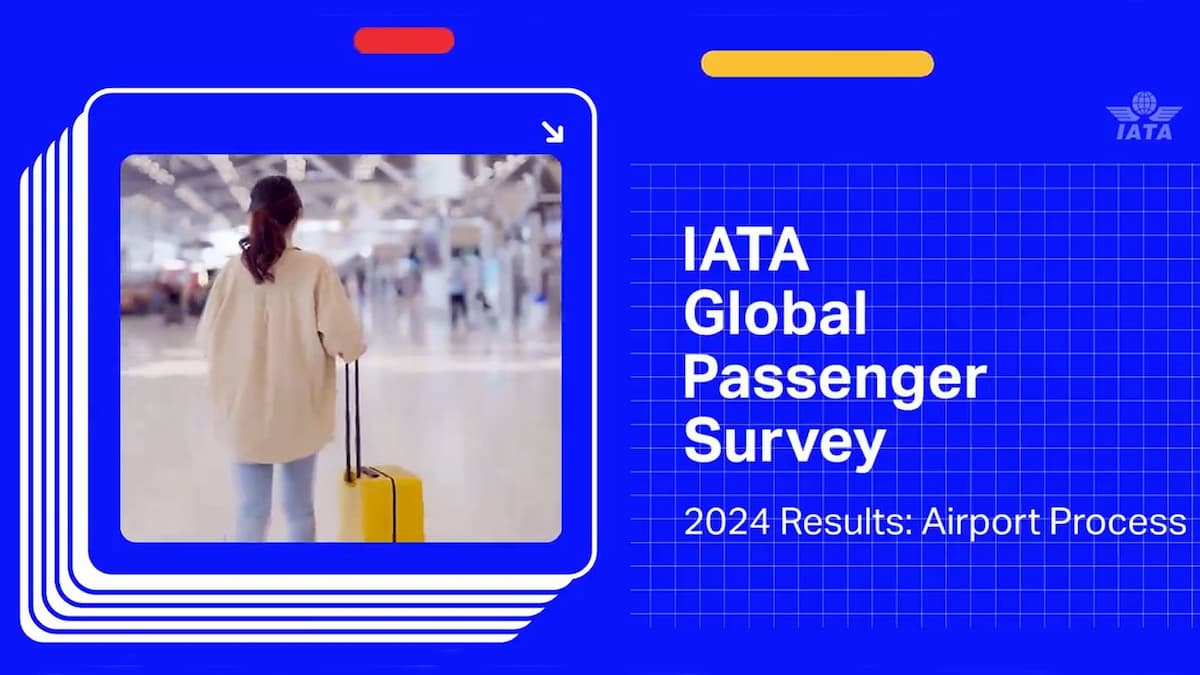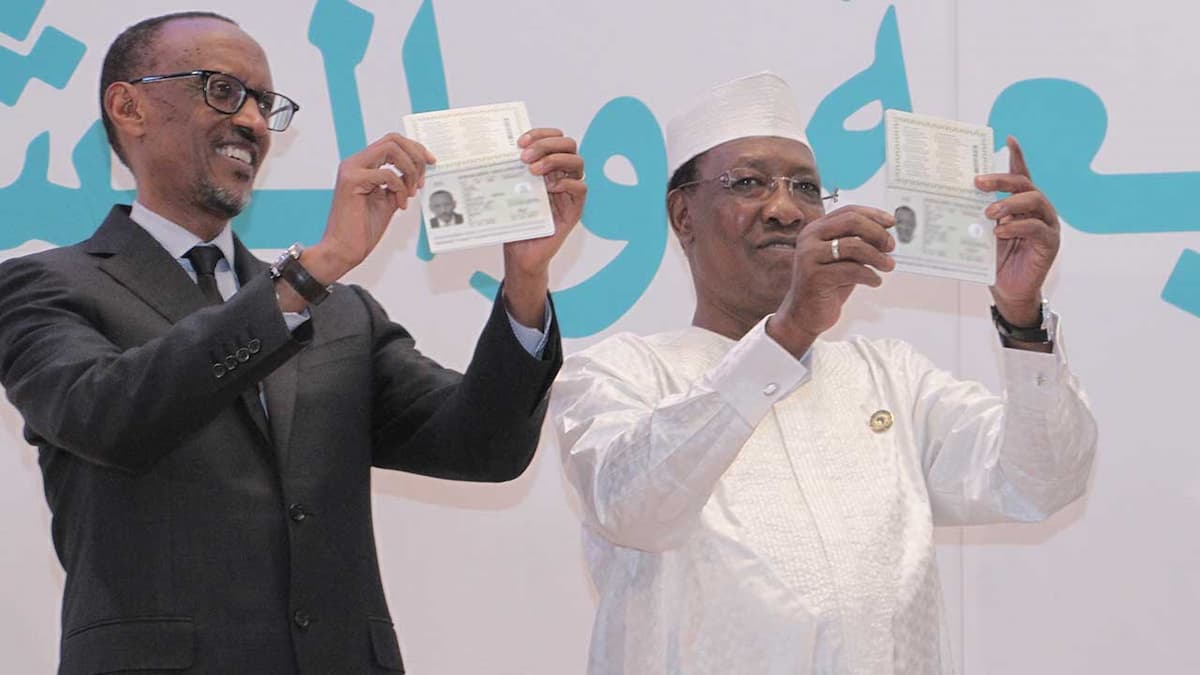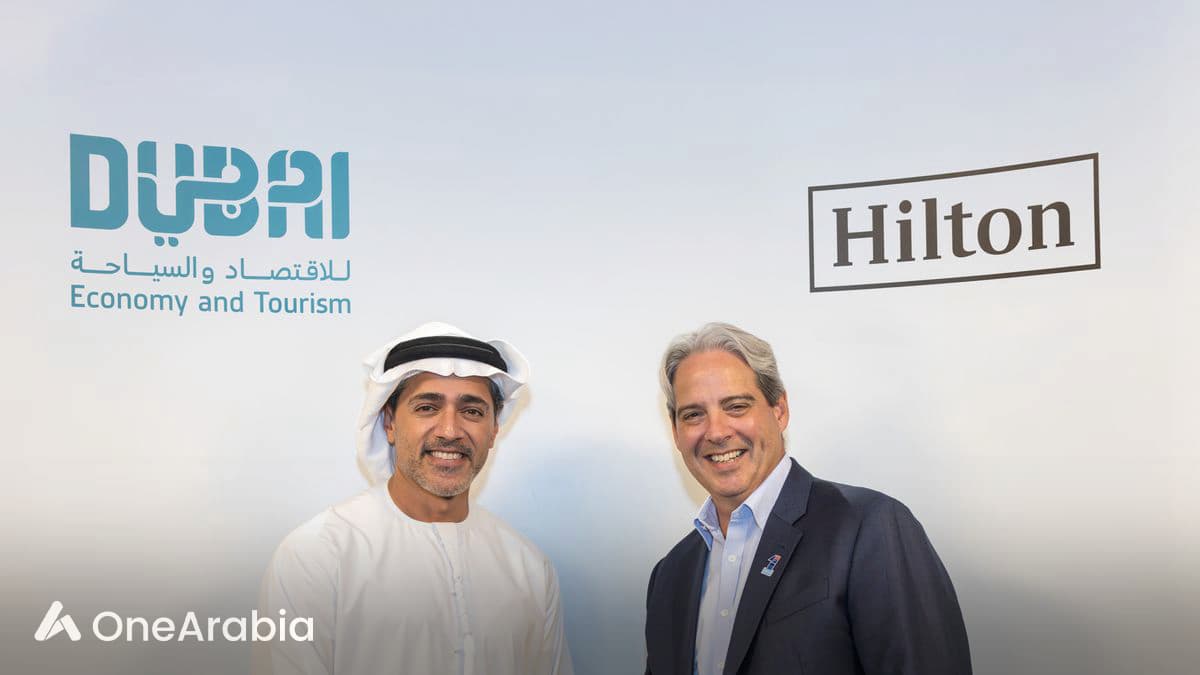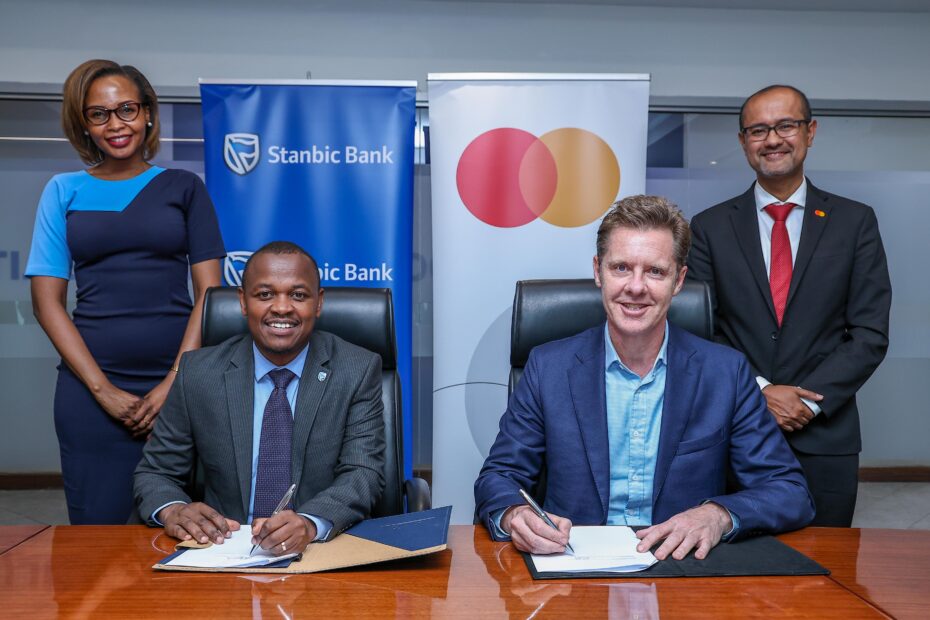Amidst the sun-kissed shores of Mombasa, Kenya, the 19th Meeting of the East African Community (EAC) Sectoral Council on Transport, Communications, and Meteorology is in full swing, with a pivotal focus on liberalizing the Upper Airspace and driving down airfares across the region.
The agenda spans discussions on the status of crucial regional initiatives encompassing railways, roads, maritime, communications, and meteorology sub-sectors.
In a momentous address during the inaugural session on Tuesday, Hon. Andrea Aguer Ariik Malueth, the EAC Deputy Secretary General overseeing Infrastructure, Productive, Social, and Political Sectors, underscored the Community’s strides towards a harmonized airspace.
The completion of Phase One marks a landmark achievement, paving the way for the interoperability of air navigation systems within the region.
Embracing the liberalization of air transport services within the EAC heralds a new era where national carriers can traverse the region with enhanced freedom.
However, despite the potential advantages of air travel in East Africa, exorbitant airfares pose a formidable barrier, with routes like Nairobi to Entebbe, Nairobi to Kigali, and Nairobi to Dar es Salaam ranking among the costliest globally per seat.
The financial turbulence of high airfares
A staggering 43% of air ticket prices in the EAC are attributed to regulatory charges, taxes, landing fees, and other levies, with regulatory fees alone accounting for up to 24% of the total cost.
The prohibitive pricing not only dissuades potential travelers but also hampers economic growth, contributing to the region’s high cost of conducting business.
Insights gleaned from a study by the African Development Bank underscore the deterrent effect of elevated ticket prices, dissuading nearly 30% of prospective air passengers in the region.
Experts advocate for the removal of tariffs to potentially reduce air transport costs to below $100 per route, fostering increased connectivity and economic vitality
Quantitative analyses reveal the transformative power of liberalization, with projections indicating a 9% reduction in average fares and a substantial 41% uptick in flight frequencies, stimulating heightened passenger demand.
The envisioned liberalization among EAC member states holds the promise of generating over 46,000 jobs and injecting a significant US$202.1 million annually into the GDP.
Hon. Ariik, standing in for EAC Secretary General Hon. Veronica Nduva, emphasizes the urgency of advancing the remaining phases to fully liberalize the air transport sector.
Acknowledging ongoing infrastructure enhancements at various airports, including international hubs in Hoima, Dodoma, Bugesera, Melchior Ndadaye, Juba, and N’djili, he champions South Sudan’s strides in aviation legislation as a model for regional progress
While applauding the momentum towards reduced airfares, Hon. Ariik advocates for broader participation in the Single African Air Transport Market (SAATM) to streamline intra-continental travel.
With only three regional countries currently part of SAATM, he calls upon all nations to expedite their inclusion in this pivotal initiative, poised to revolutionize air travel dynamics across the continent.
Source: Newslex Point

